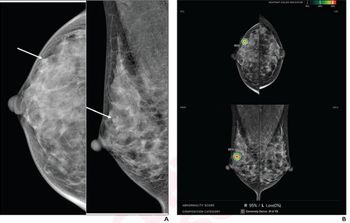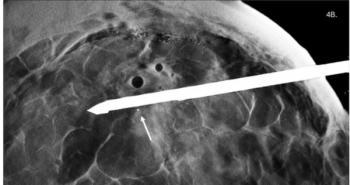
Japanese lab buys 4-tesla scanner
Varian Associates of Palo Alto, CA, has sold the most powerfulwhole-body MRI scanner ever to be acquired by a Japanese laboratory. A Varian 4-tesla scanner will be installed this month at theInstitute of Physical and Chemical Research (RIKEN) in Wako
Varian Associates of Palo Alto, CA, has sold the most powerfulwhole-body MRI scanner ever to be acquired by a Japanese laboratory.
A Varian 4-tesla scanner will be installed this month at theInstitute of Physical and Chemical Research (RIKEN) in Wako City,Japan. It will be operated under the direction of Dr. Keiji Tanaka,head of RIKEN's neural information processing laboratory, to studybrain functions, such as recognition, memory, and motor programming.
The $4 million system consists of Varian's Unity Inova spectrometerand a magnet and gradient coils supplied by Siemens Medical Systems.It is the second 4-tesla scanner built by Varian since the companyreentered the ultra-high-field MRI manufacturing sector in 1995(SCAN 3/27/96). The other system was installed in Canada in Marchat Robarts Research Institute in London, Ontario.
Newsletter
Stay at the forefront of radiology with the Diagnostic Imaging newsletter, delivering the latest news, clinical insights, and imaging advancements for today’s radiologists.














